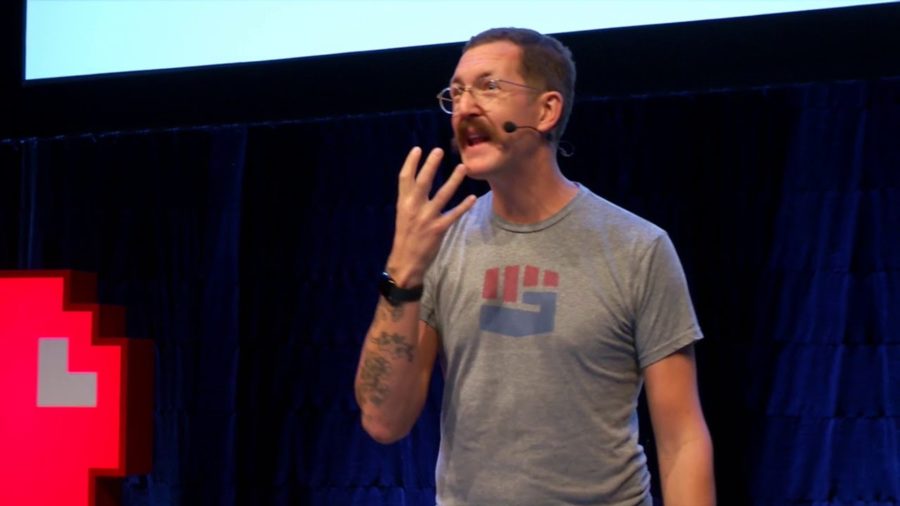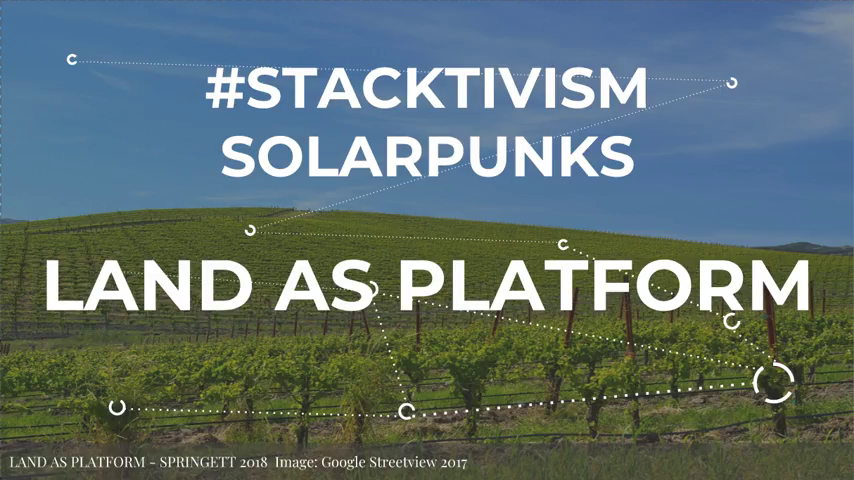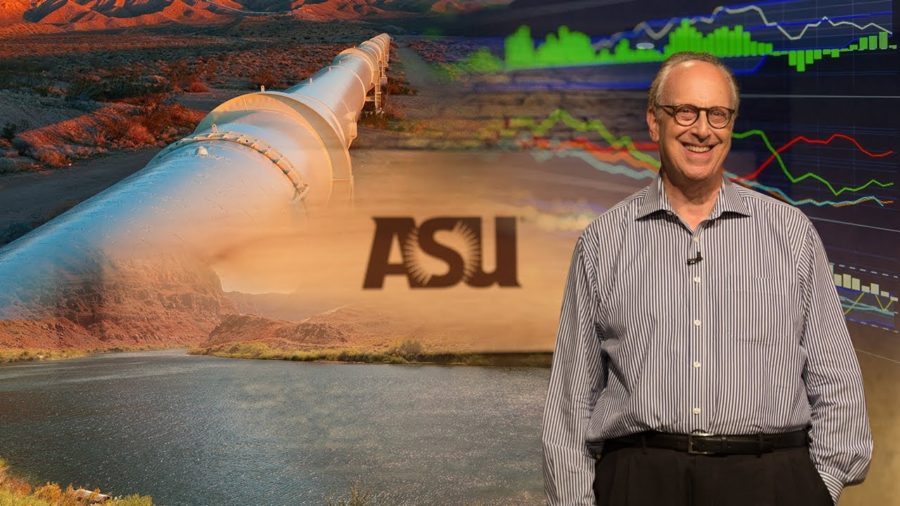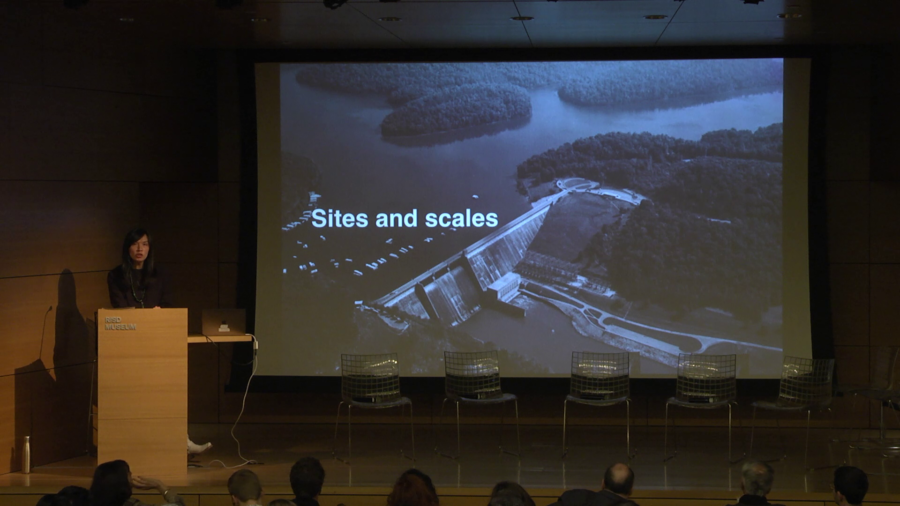The urgency of climate change and the rise of a grassroots legislative political environmental movement in the United States should change the way urban planners think and act on spatial change and social justice.
Archive (Page 1 of 2)

Every single futurist has one of these as the first slide in their deck. It doesn’t really matter what this is. An exponential curve, up and to the right. This represents all of technology. The past thirty years of technological evolution is described in this. This could be anything. This is processor power. This is memory per dollar. This is Internet penetration. This is the number of people playing Angry Birds.

When we think about short-term thinking, how short-term is short-term? Because if you plant a tree, like an oak tree, it takes 100 to 120 years for an oak tree to be fully grown. So anything between the point in which you plant the tree to when the tree is fully grown is short-term thinking, when we speak about land.

Water is a difficult commodity. It is free, and yet costly. It is simultaneously a private good, and a public good. It helps cities flourish financially, but now it is their financial burden. Almost nobody pays for the water per se. The cost of water is the cost of making it available at the right time, in the right place, and with the right quality.
Some of my artist friends think what I’m doing isn’t art, and I’ve given up on art. It’ll take care of itself. You know. I mean it’s always been there, it will always be there, and we always know that new art never looks like art at first, ever. So why should this be any different? We just have to trust the process. And I would say that must be true for every other discipline.
When the public cannot prove that the oil company is going to cause damage, then we’re not allowed to say, “Nevertheless, the risk is not acceptable.” So we have turned it over, the decision, to the expert. We have taken it out of the hands of the community. And then when we say we want community input, we hold a public hearing, and the experts sit up at a table. And then the grandmother who does not have a graduate degree, she’s not allowed to say, “Here’s what I’ve seen. Here is what’s happened in my community. And that’s not acceptable.” Her view is not taken because she’s not an expert. And so we’ve taken away the right for self determination and for community determination.
You’re dealing with timescales that are beyond humans’ interest. I mean, it’s sorta like global warming. The heat that we have now built up, that carbon was burned thirty years ago. It’s going to take a while for the correction process. So, if you have the elements of the phosphorus, the potassium, the manganese, and so on, it can be built back pretty fast. But a shorthand way of putting it is that soil is as much of a non-renewable resource as oil. And, more important than oil. I mean, we’re talking about stuff we’re made of. So that’s why I’ve said that the plowshare has destroyed more options for future generations than the sword.
I see a set of constraints facing us in the future, and they’re all going to be very expensive. First is funding retirements for the Baby Boom generation. Second is continuing increases in the costs of healthcare. The third is replacing decaying infrastructure. The fourth is adapting to climate change and repairing environmental damage. The fifth is developing new sources of energy. The sixth is what I see as in all likelihood continuing high military costs. The seventh is the costs of innovation.
In the future, we have to change the way we look at consumption. That’s why I’m such a big proponent of the sharing economy. Because it’s not an issue of if it’s going to happen, it’s when it’s going to happen. And I’d rather people voluntarily adopt it now and start realizing the benefit of it now while we’re still in this kind of relative land of plenty, than be forced into it later when all of a sudden there’s not enough water to cover Phoenix anymore because it’s a huge city in the middle of a desert and they have to go on water rationing.
I don’t think ecological awareness is a sort of “happy happy joy joy, we are all earthlings” thing. I think it’s actually a kind of uncanny realization. On the one hand there’s no away, on the other hand what the hell is this? “This is not my beautiful waste. This is not my beautiful toilet. This is not my beautiful Pacific Ocean.” You know, all of a sudden these things become somehow not exactly what we thought they were.

